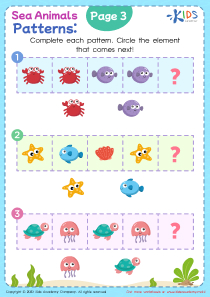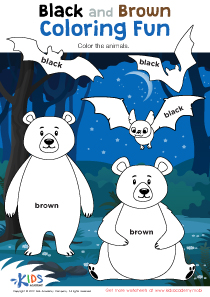Alphabet understanding Preschool English for Beginners Worksheets
5 filtered results
-
From - To
Discover our "Alphabet Understanding Preschool English for Beginners Worksheets," designed to ignite a love for learning in young minds! These engaging, interactive worksheets help preschoolers master the basics of the English alphabet through colorful illustrations and fun activities. Tailored for beginner learners, our resources promote letter recognition, phonics, and vocabulary development while accommodating various learning styles. With a mix of tracing, coloring, and matching exercises, children will build a strong foundation for their linguistic journey. Perfect for classrooms or at-home learning, these worksheets offer an exciting way to explore letters and words while enhancing essential literacy skills. Start your child's learning adventure today!


Letter X Tracing Page
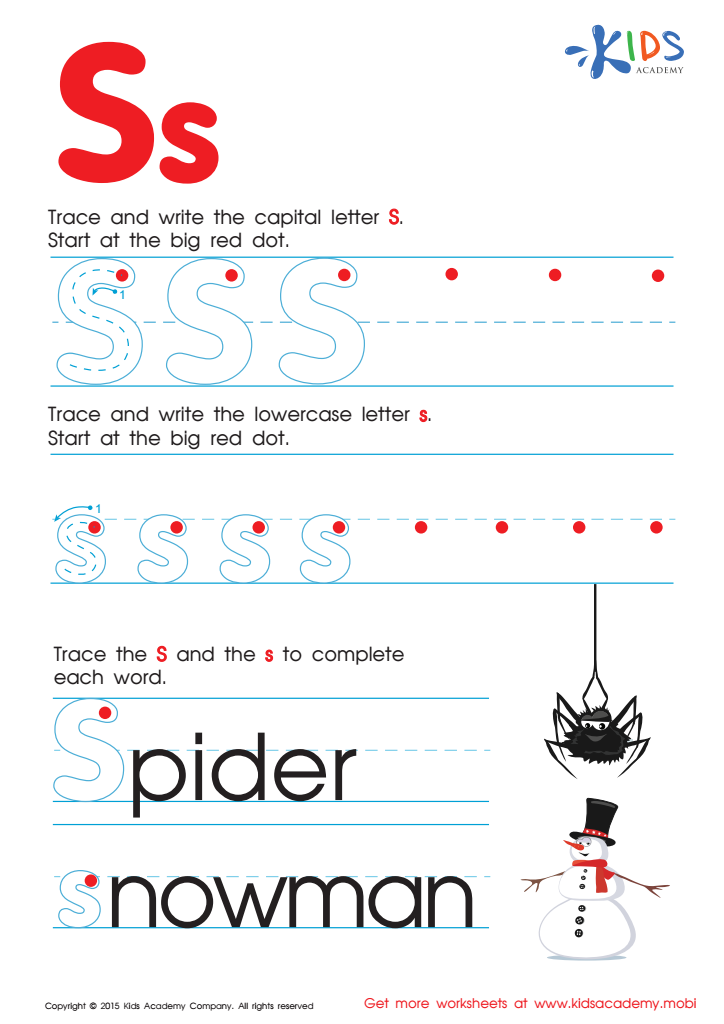

Letter S Tracing Page
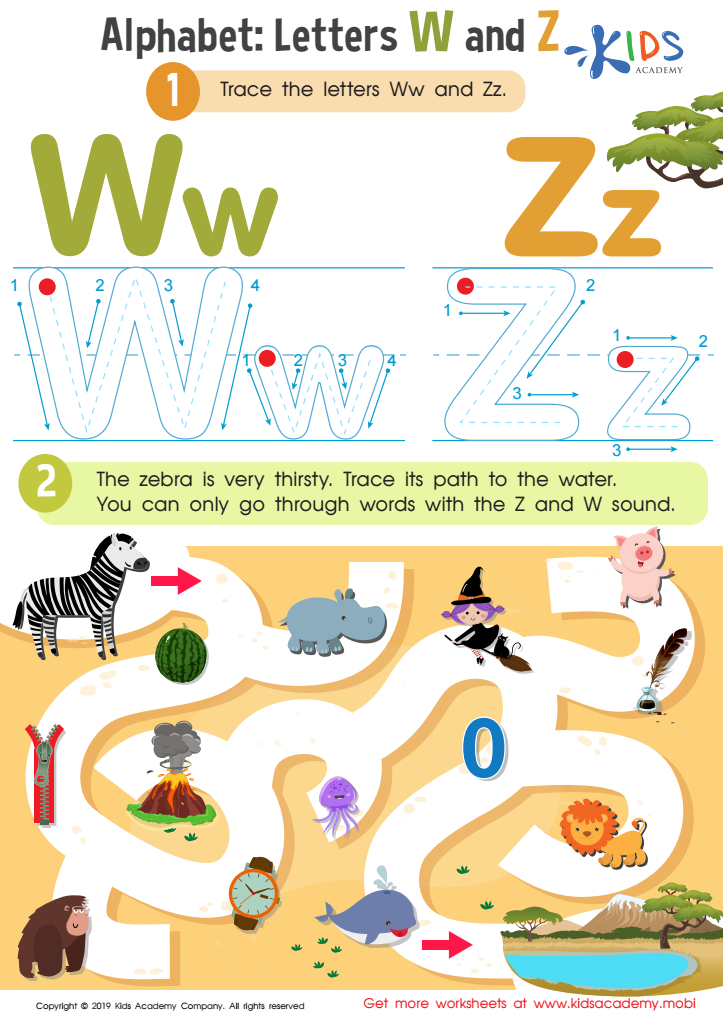

Letters W and Z Tracing Worksheet
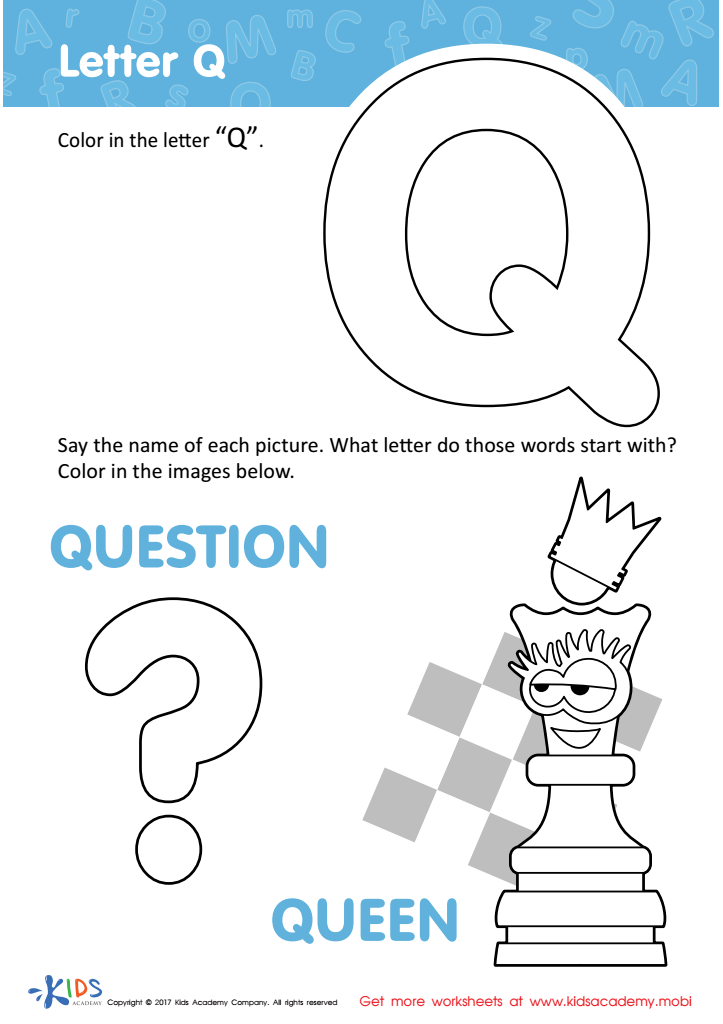

Letter Q Coloring Sheet
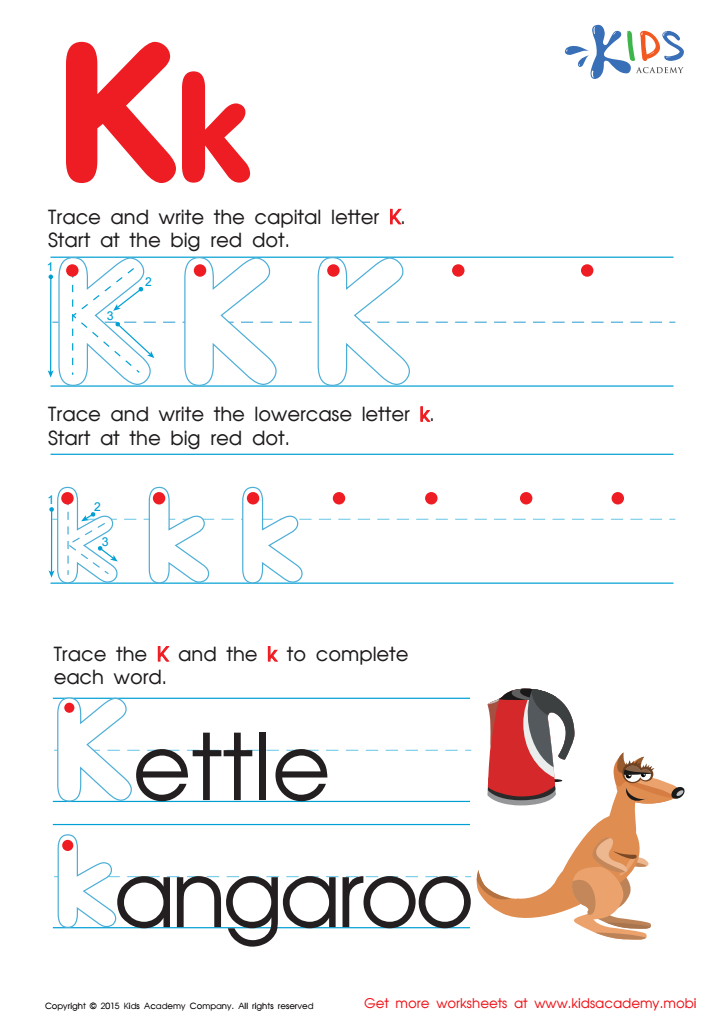

Letter K Tracing Page
Understanding the alphabet is crucial for preschool children as it forms the foundation for literacy skills that are essential throughout their educational journey. For both parents and teachers, ensuring that young learners develop a strong grasp of the alphabet fosters early reading and writing abilities, which are pivotal for academic success.
When children know the letters and their sounds, they can decode simple words, enhancing their reading comprehension. This foundational skill promotes a love for reading, encouraging children to explore stories and engage with texts independently. Additionally, alphabet understanding aids in writing; children who recognize letters are better equipped to form words, express their thoughts, and communicate effectively.
Engaging with the alphabet also supports cognitive development, as children learn to categorize and differentiate between letters and sounds. Parents and teachers can reinforce learning through playful activities, games, and songs, making the experience enjoyable and memorable.
Ultimately, a solid understanding of the alphabet not only boosts children's confidence in literacy but also sets the stage for lifelong learning, making it vital for stakeholders in a child's education to prioritize and nurture these early skills. Empowering children at this stage lays the groundwork for their future success in reading, writing, and critical thinking.

 Assign to My Students
Assign to My Students







